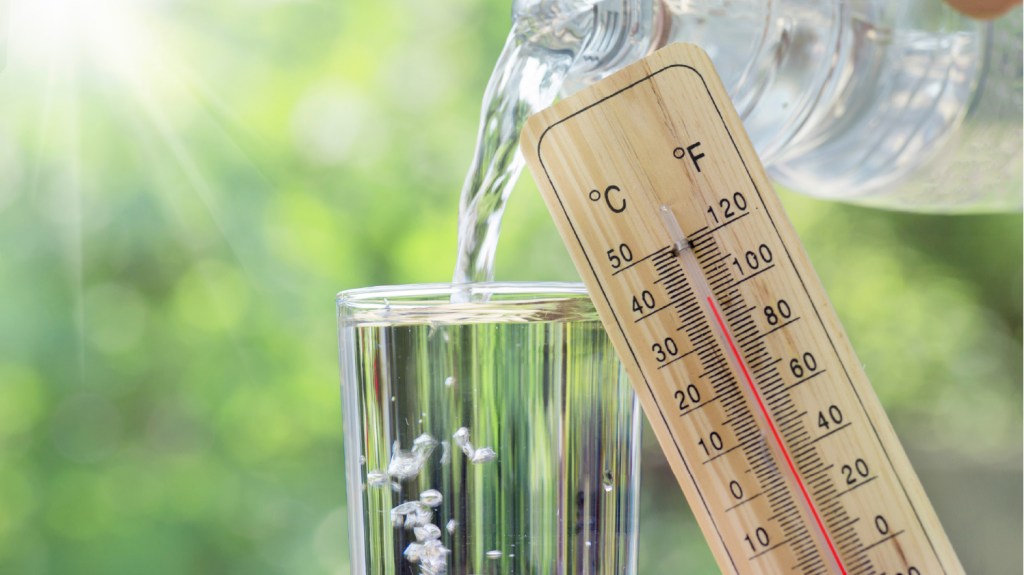Feeling the Burn: Heat waves, exhaustion and drinking just right
Published 12:00 am Tuesday, August 22, 2023

- Adobe Stock
Submitted by Lawrence County Health Department
When the sun is beating down, and it is hot outside, we often feel thirsty and reach for a water bottle. But drinking water does more than satisfy our thirst — it helps keep our bodies working right.
Water is enough to keep us hydrated. The CDC recommends that we should have 8 to 10 cups of water every day, but if we are outside a lot in the heat or being active, we might need to drink even more. When we feel thirsty, we are already behind in replacing lost fluids. Keeping thirsty can lead to dehydration, the main cause of heat exhaustion. Heat exhaustion is the body’s response to the loss of water and salts, which manifests as weakness, heavy sweating, dizziness, dry mouth, and urination less often, usually less than four times a day. Heat stroke is a more severe condition due to prolonged exposure to high temperatures and not drinking enough fluids. The main thing we can do to avoid heat illness is to drink enough water.
Thirst is not always the best way to tell if we get enough water. We might not feel thirsty until we have already lost a lot of water. Age can also make it harder to tell when we are thirsty.
The color of urine is a better way to tell how well-hydrated you are. If it looks like apple juice, it means not getting enough water. Staying hydrated is more than just avoiding thirst; it’s about caring for the entire body. It’s better to sip water little by little during the day instead of drinking a lot all at once. Think about carrying a refillable water bottle if you’re spending time in the hot sun. By then, keep drinking when you need it.
Hydration needs vary from person to person and depend on the temperature, humidity, and level of exercise. People who play sports or work outside in hot weather should try to drink at least 1 ounce of water per pound of body weight. Drinking 1 cup (8 ounces) of water every 15-20 minutes if the work outside in the heat. Consuming smaller amounts more regularly than larger amounts less frequently is more beneficial. It is easier to stay hydrated when we start our day hydrated. If we start our day thirsty, we may not be able to drink enough water to meet our bodies’ needs. Chronic dehydration raises the risk of several illnesses, including kidney stones. Most people need hours to consume enough liquids to compensate for the fluids lost through sweat. The sooner we get, the fewer effects dehydration will have on our bodies.
Drinking too much water too quickly isn’t good for our health. The key is to find the right balance. Never consume more than 48 ounces, about 1.5 liters in an hour. Too much water or other fluids (such as sports or energy drinks) might result in a medical emergency when the blood’s salt concentration falls too low.
We need to ensure we are replacing our losses because our body is made up of about 60% water, especially during the summer when we sweat more. Hydration is important for maintaining a healthy body temperature, brain health, and mood. We need to listen to our bodies, and if we are still unsure, we need to get advice from a doctor or a nurse who can help the best for our health.
This article was provided for The Tribune by Mohammad Abdulrahman, Epidemiologist for Lawrence County Health Department. We encourage our readers to stay informed, prepared, and ever mindful of health and safety.





